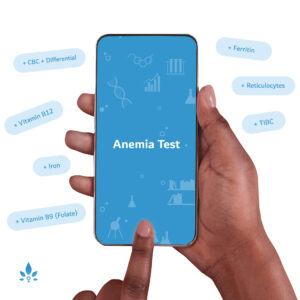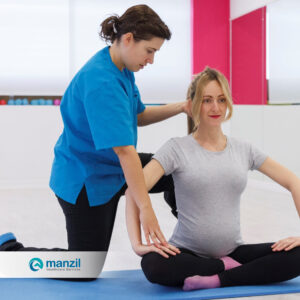Q&a With Dr. Jen Lincoln: Postpartum Moms two Weeks After Delivery


1. Bundoo: It’s normal for new moms to not feel like themselves after delivery, but what indicators do you tell your patients are “red flag” symptoms?
Answer : Dr. Jen Lincoln: These are the major ones I highlight for new moms. Any of these should prompt a call to your doctor or midwife immediately:
- Bleeding that soaks a regular pad in one hour for two hours straight, passing large clots, or bleeding that makes you feel dizzy or causes you to pass out.
- Pain that doesn’t get any relief from medications or leaves you unable to function.
- A temperature above 100.4 degrees Fahrenheit.
- Uneven leg swelling, chest pain, or shortness of breath, which can all be signs of a potentially life-threatening condition known as deep vein thrombosis.
- Vaginal discharge that has a foul odor associated with it or excessive/foul-smelling or colored drainage from a C-section incision.
- If your C-section incision becomes red, hard, or it separates.
- Continuously leaking large amounts of urine or stool or the complete inability to have a bowel movement.
- Any breastfeeding issues, including excruciating pain that lasts a whole feeding, red streaks on the breast, breast lumps, damaged nipples, engorgement, or the inability to latch.
- Feelings of sadness, despair, or suicidal thoughts. These can be signs of postpartum depression/anxiety or postpartum psychosis. You absolutely should not suffer alone and need to let someone know immediately.
2. Is there anything partners can do to help new moms get relief from annoying postpartum symptoms?
Answer : Yes! First and foremost, they can know what’s normal and what isn’t, so pay attention when your partner is in the hospital receiving her discharge instructions. Help reassure her if she’s concerned and seek care if she needs it. Many moms want to tough things out because they just want to focus on their baby, but an attentive partner needs to make sure mom is taken care of, too. Make any needed trips to the drug store, try to anticipate her needs as much as possible, and definitely help out with making sure she eats, drinks, and rests when able.
3. What about home remedies and medications? Which ones do you recommend?
Answer : In general, unless it has been given the OK by your doctor or midwife, avoid them. This isn’t to say you can’t try things at home, such as taking ibuprofen or using over-the-counter witch hazel wipes — all things that should be in your discharge instructions from the hospital — but many women inappropriately use certain remedies and supplements, which lead to delayed care and more complicated problems. For example, stay away from douches, trying to self-treat infections, and applying creams to your C-section incision. When in doubt, just call and ask first!
4. In terms of emotional and mental stress, what should new parents look out for to help identify postpartum depression?
Answer : It is entirely normal to have good days and bad days, but when the bad moments outnumber the good, that’s a warning sign that the normal baby blues may have progressed to postpartum depression. Any thoughts of hurting oneself or your baby or partner, having overly anxious thoughts, feeling like you need to avoid your baby because you might hurt him or her, feeling like you can’t get out of bed, or hearing voices are all possible signs of postpartum depression or psychosis. This is a medical emergency and should prompt you to seek care — in an emergency room if needed — as soon as possible.
Powered by Bundoo®













































